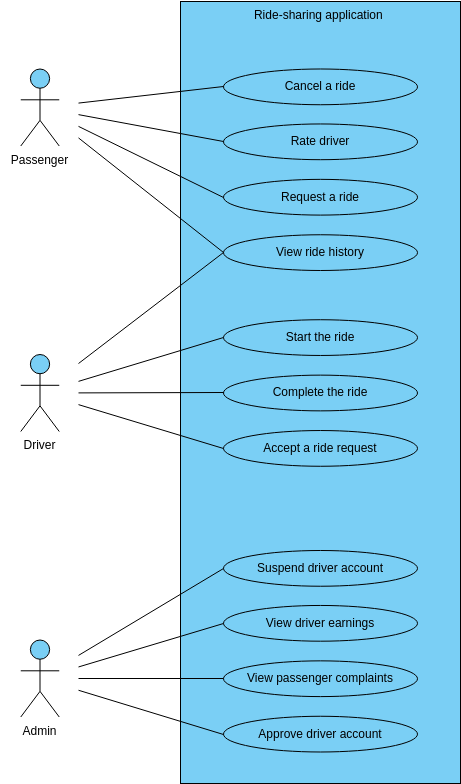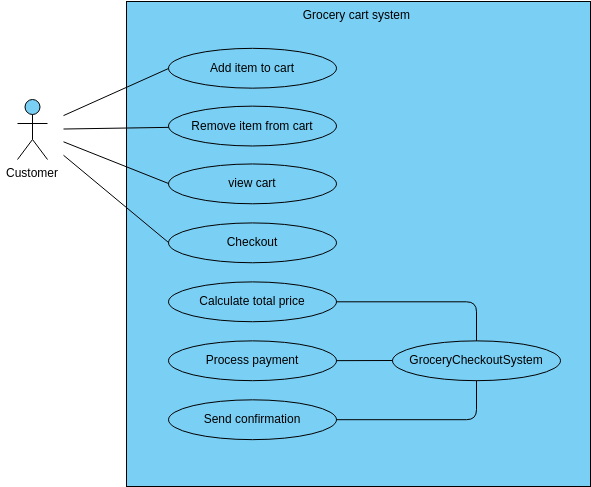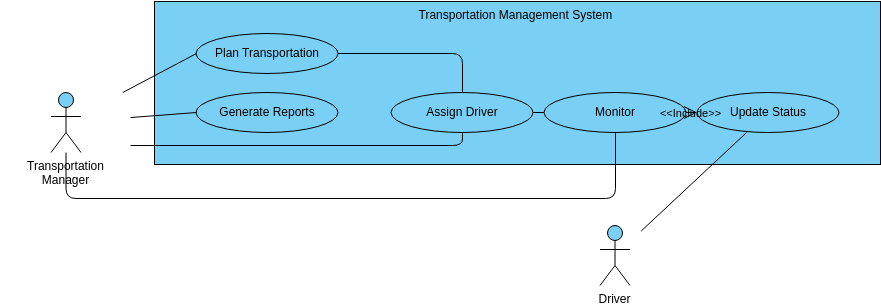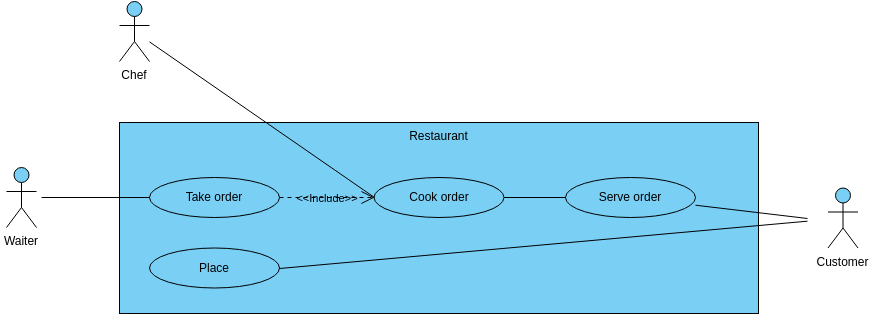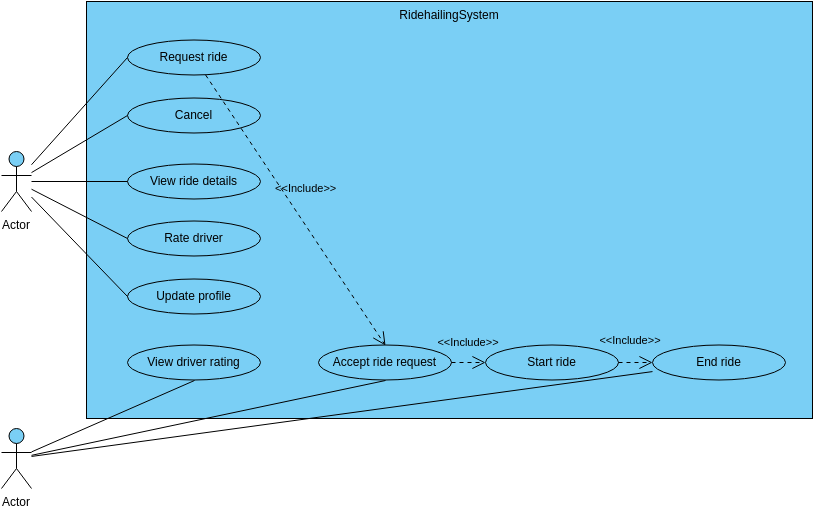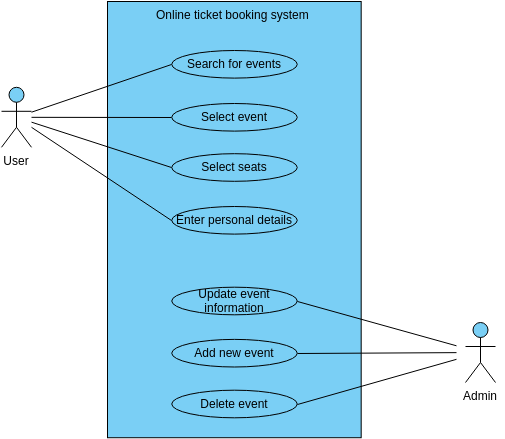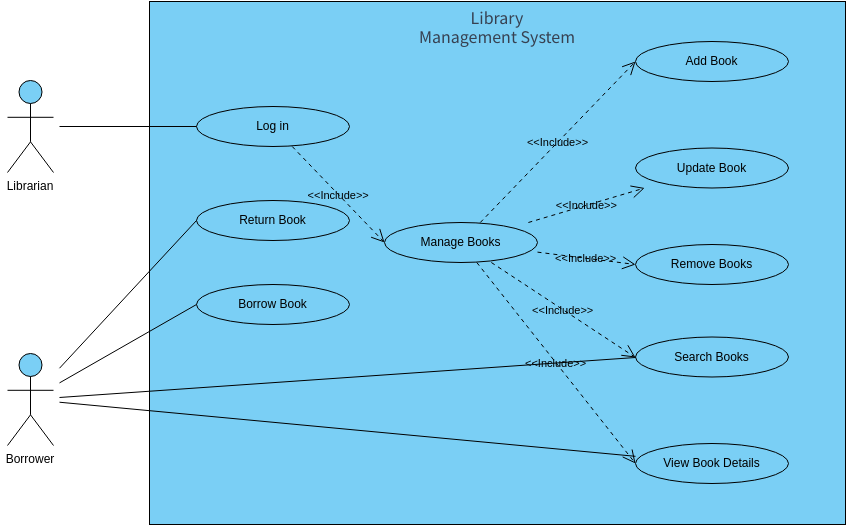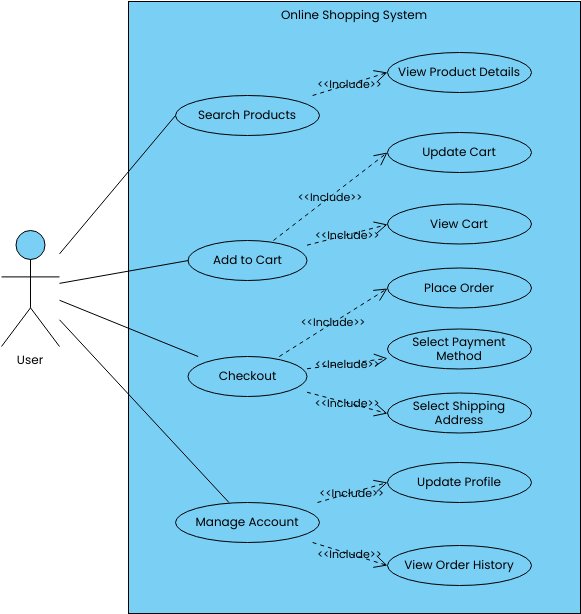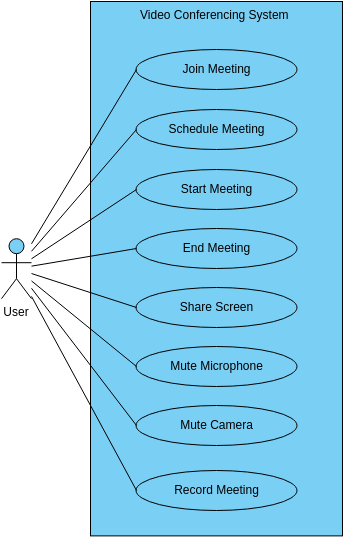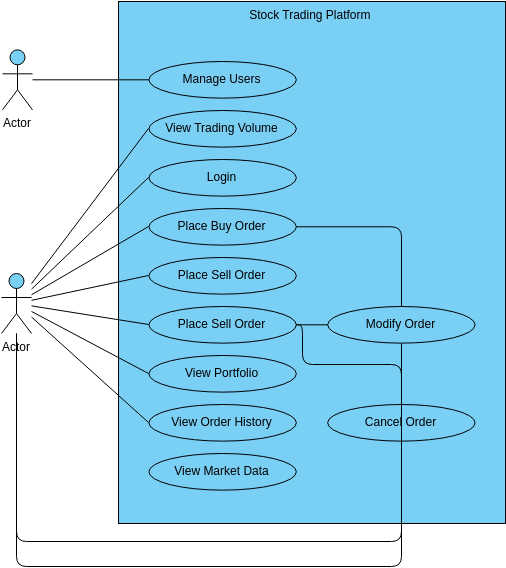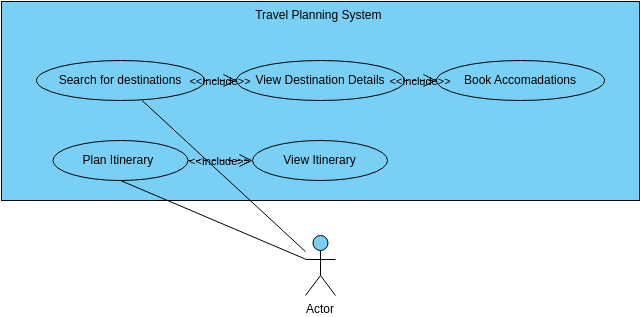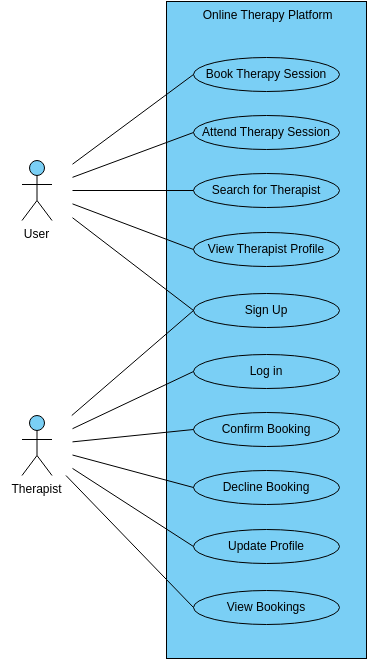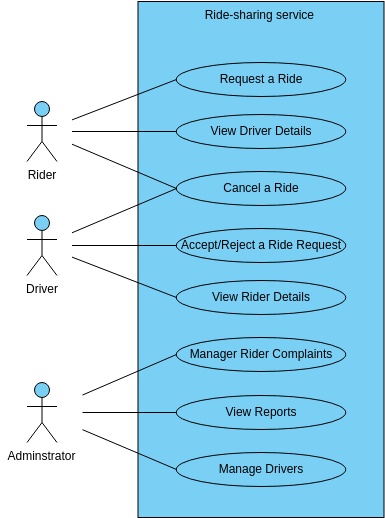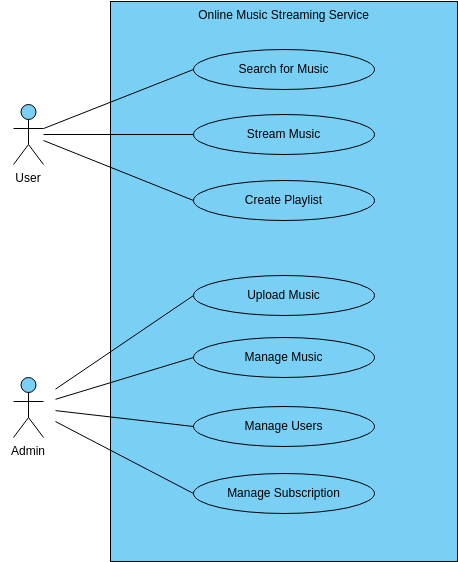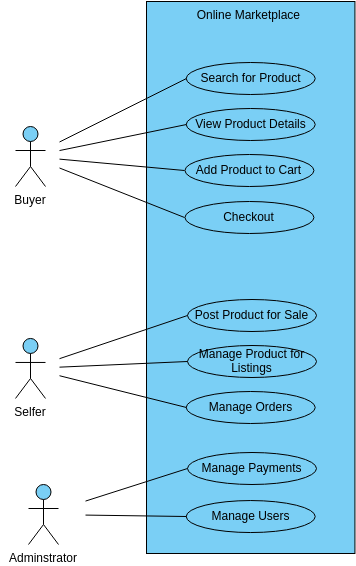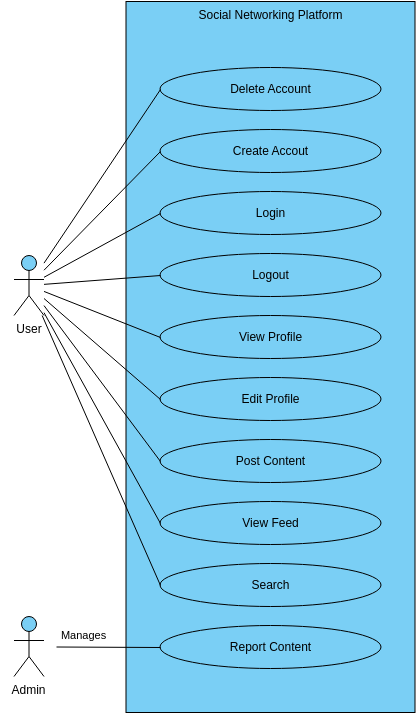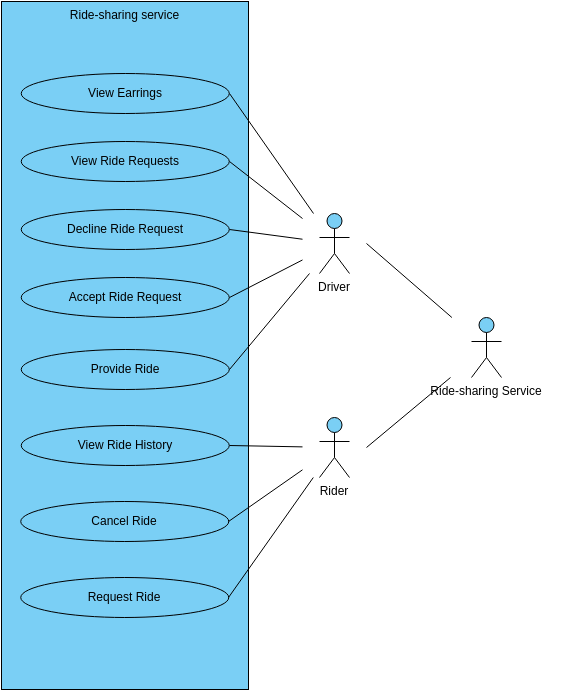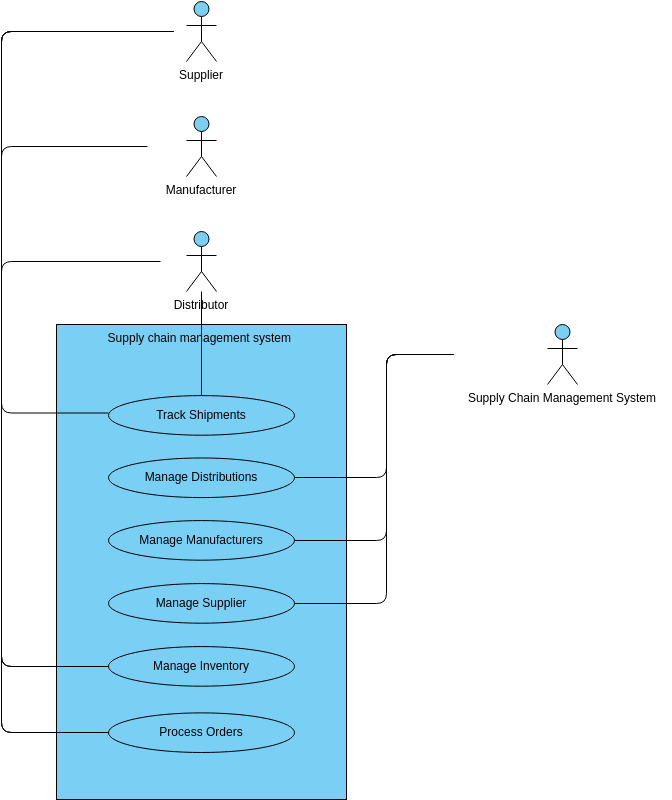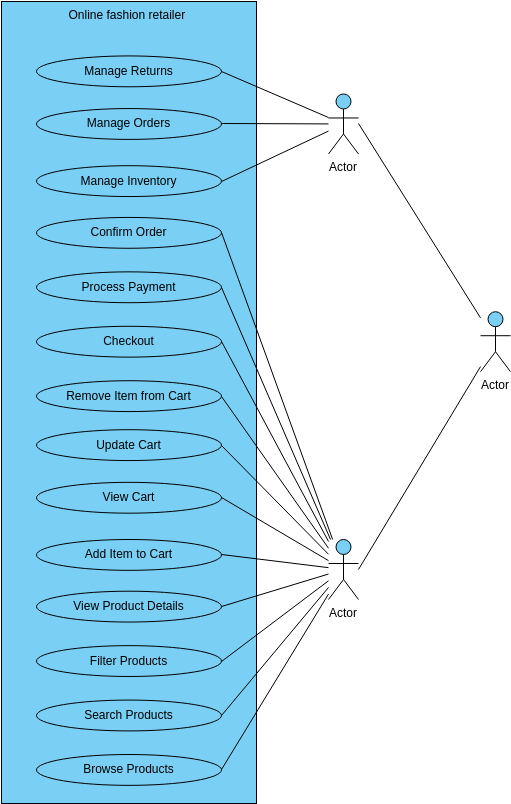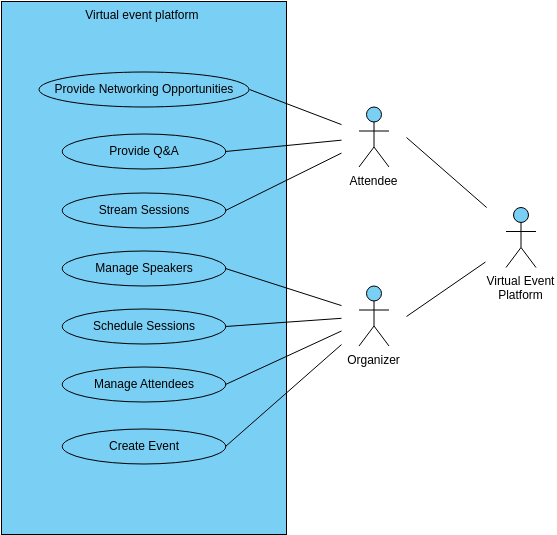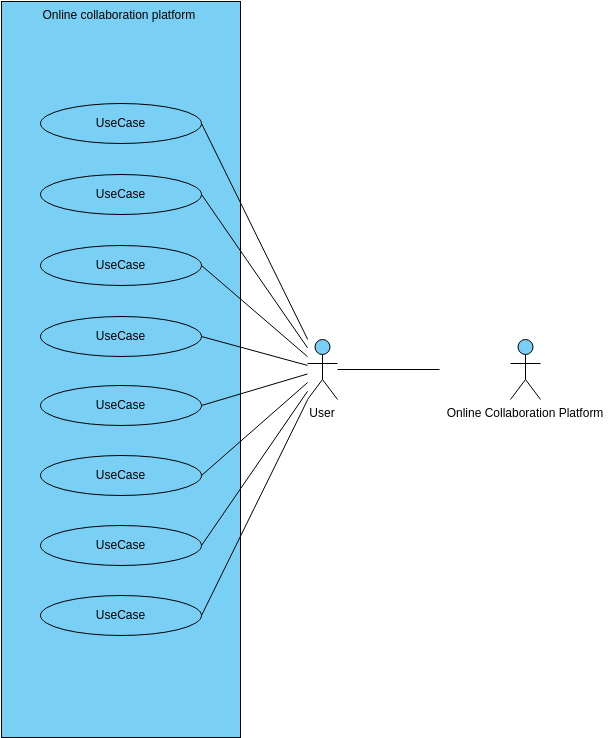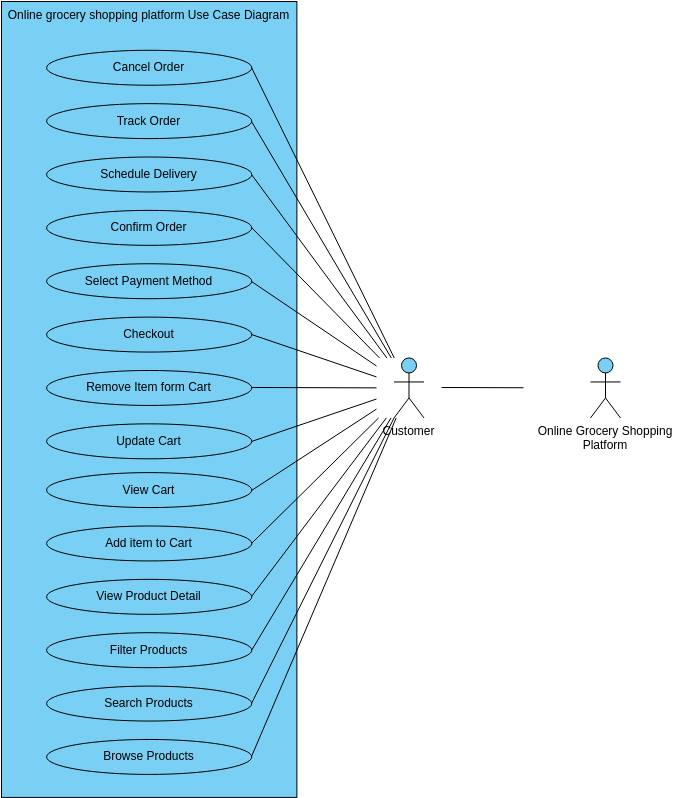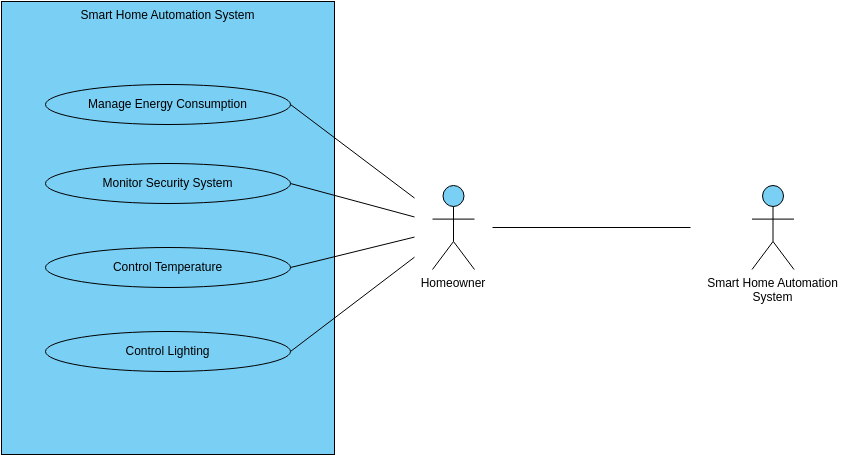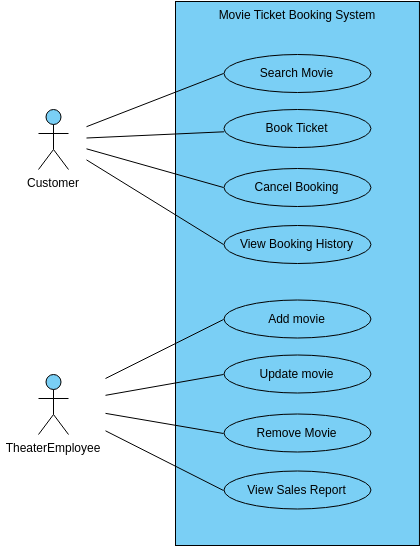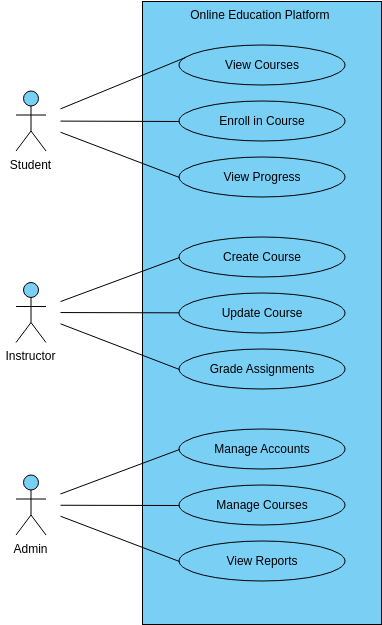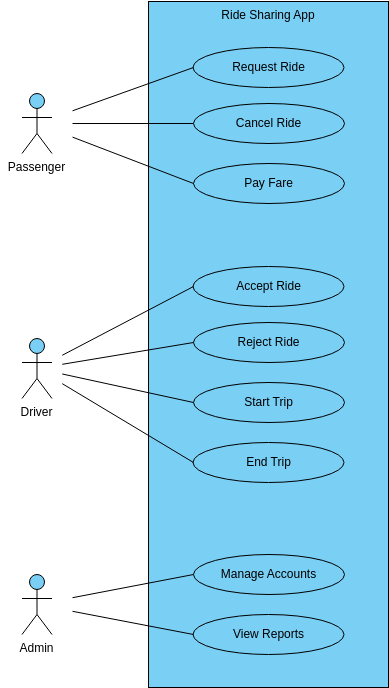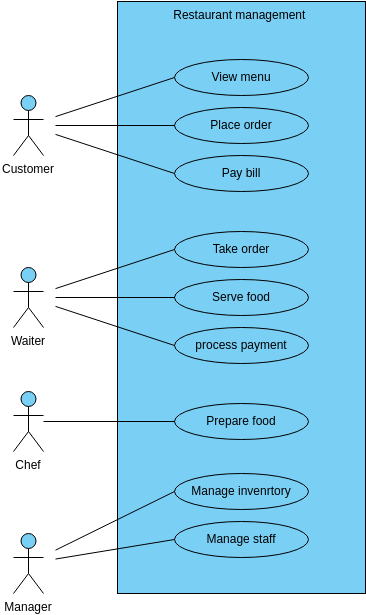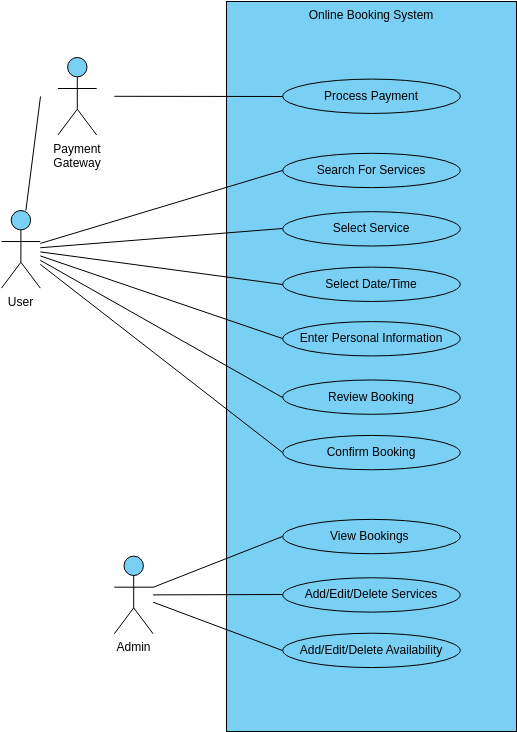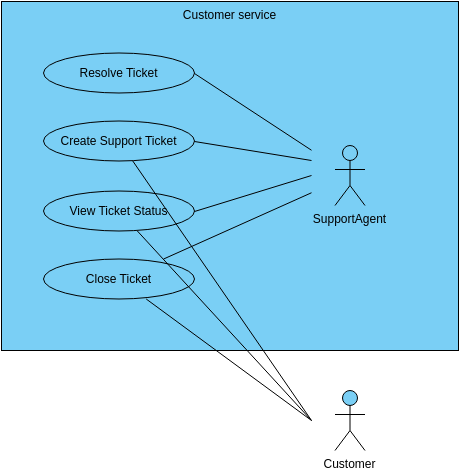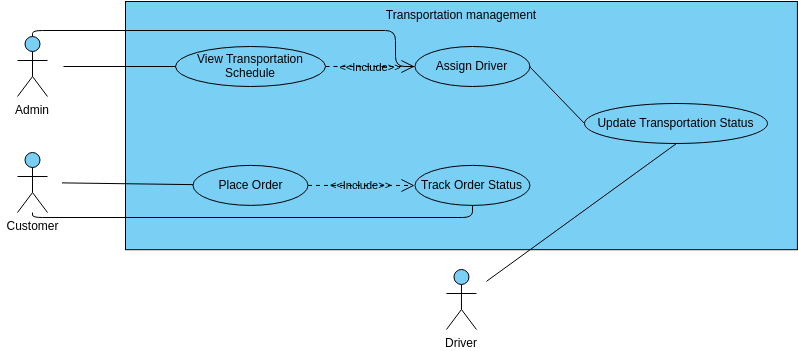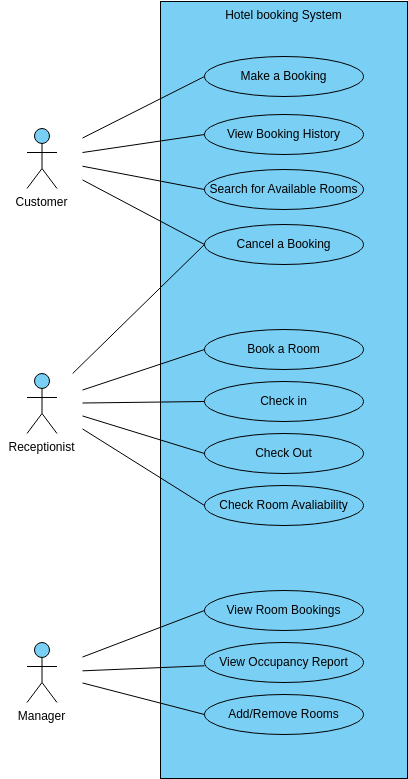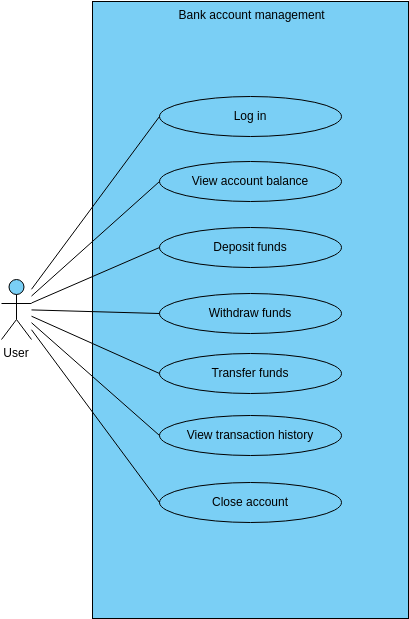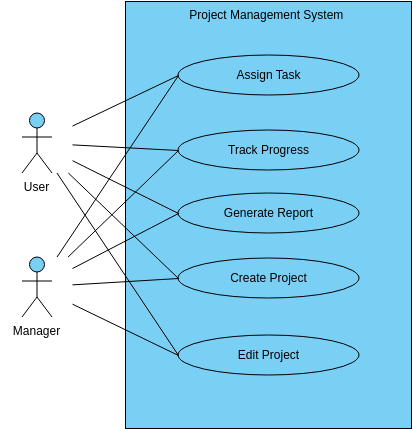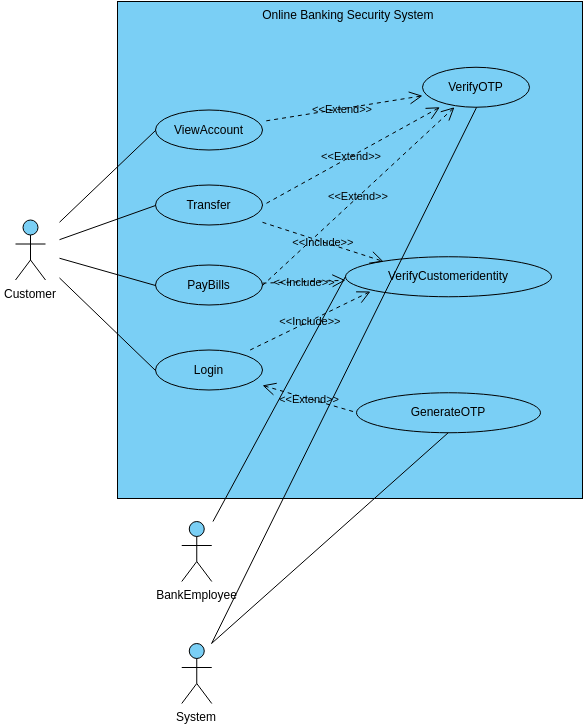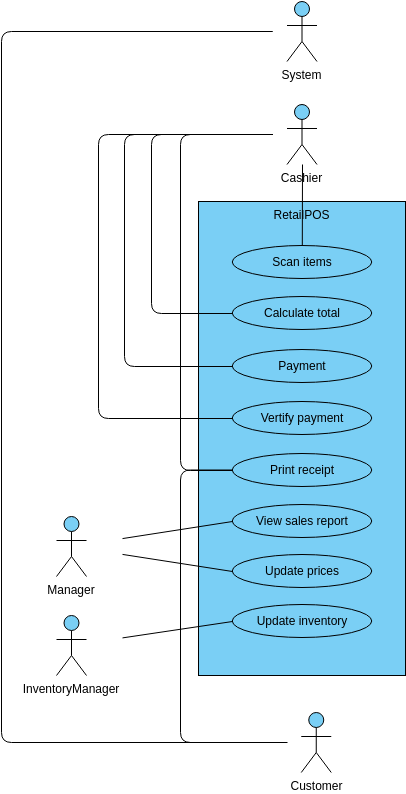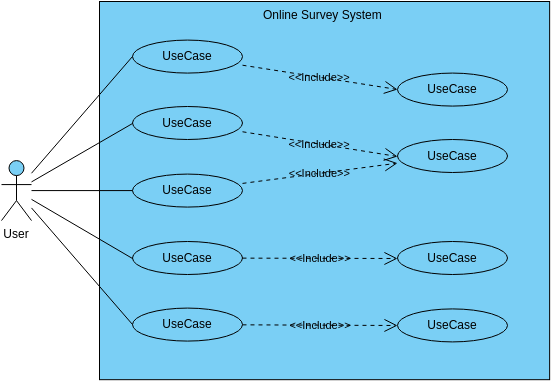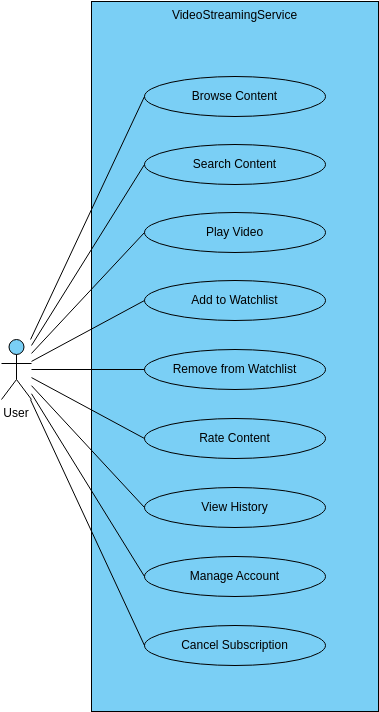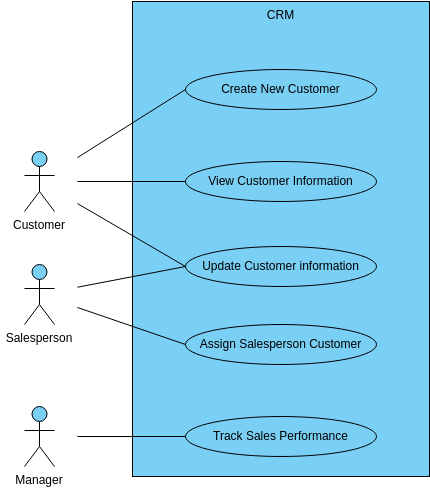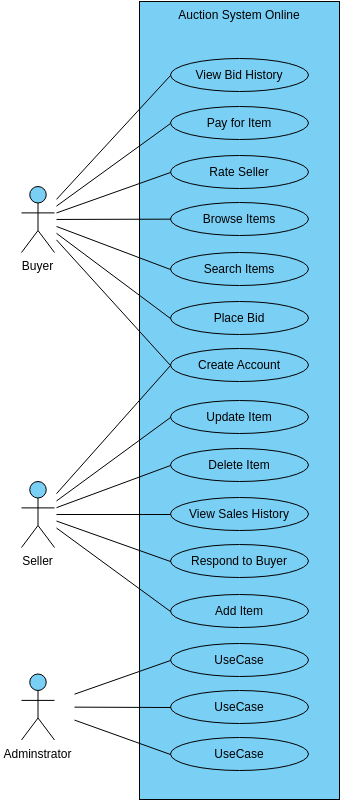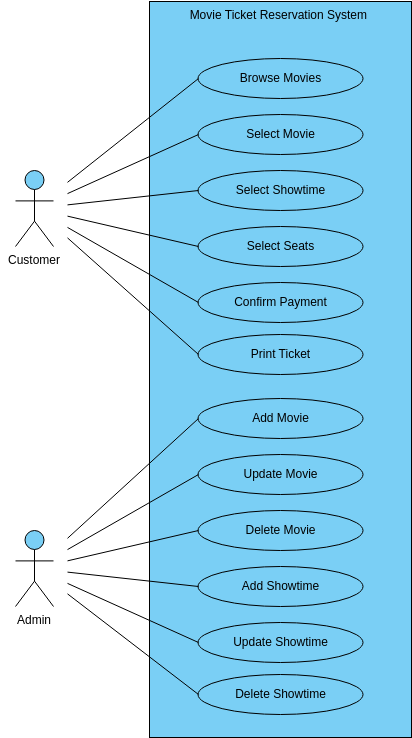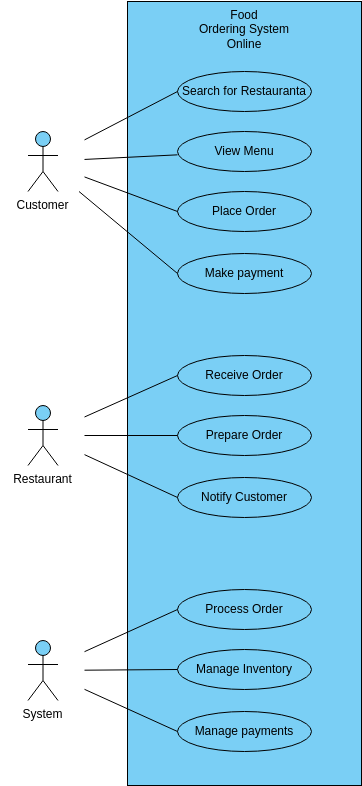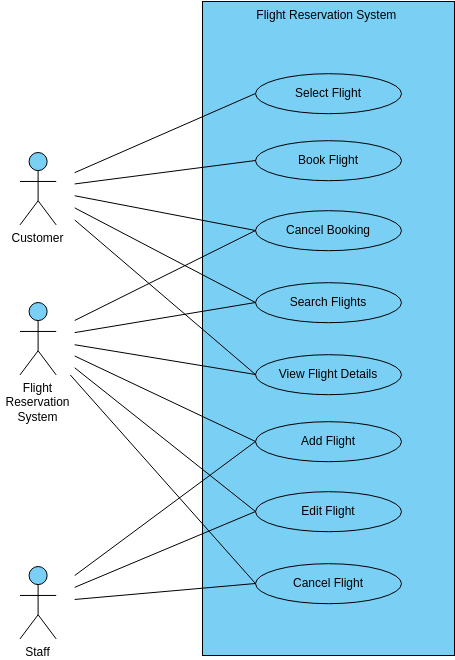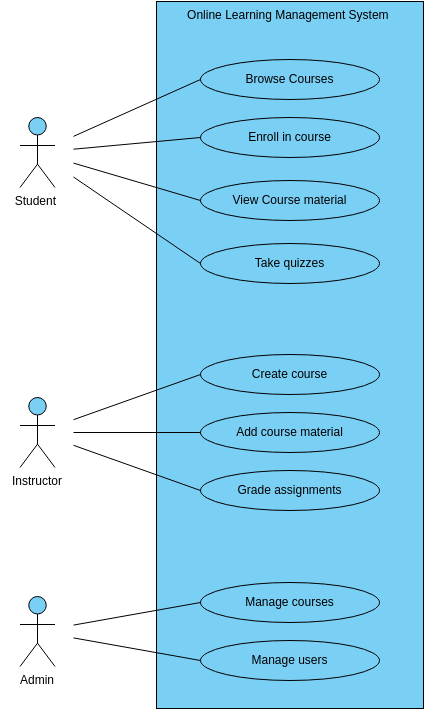Ride-sharing application
A ride-sharing application is a platform that connects passengers with drivers who are willing to provide transportation services. The Cancel a Ride use case allows passengers to cancel a ride they have requested, whether it's due to a change of plans or a scheduling conflict. This use case involves interactions between the user interface and the ride-sharing platform's ride management system. Passengers can cancel a ride at any time before the driver arrives, helping to ensure that they have maximum flexibility and control over their transportation needs.
The Request a Ride use case allows passengers to request a ride from their current location to their desired destination. This use case involves interactions between the user interface, the ride-sharing platform's ride management system, and the driver's app. Passengers can specify their pickup location and destination, as well as any special instructions or preferences they may have, such as the type of car they prefer or any accessibility needs they may have.
The Complete the Ride use case allows drivers to indicate that they have completed a ride, whether it's because they have reached the passenger's destination or because the ride has been cancelled. This use case involves interactions between the driver's app and the ride-sharing platform's ride management system. Once a ride has been completed, the driver and passenger can rate each other and provide feedback on the quality of the ride.
What is the importance of creating this diagram
Creating a use case diagram for a Ride-sharing Application is important for several reasons. First, it helps to visualize the service's features and user interactions, making it easier to understand how different parts of the service work together. This can be particularly helpful for service providers that are new to ride-sharing or have complex ride-sharing models that involve multiple passengers and destinations. By creating a diagram, service providers can ensure that everyone involved in the service has a clear understanding of how it works and what their role is in the process.
Second, creating a use case diagram can help service providers identify areas for improvement or optimization within the service. By visualizing the service's features and user interactions, providers can identify bottlenecks or areas where there may be redundancy or inefficiencies. This information can be used to streamline processes, optimize workflows, and improve overall service performance. Additionally, by having a clear understanding of the service's features and user interactions, providers can more easily identify areas where they may need additional technical support or resources to fully leverage the service's capabilities. Overall, creating a use case diagram for a Ride-sharing Application is a valuable exercise that can help service providers optimize their processes, improve performance, and better serve their users.
Searching for some use case diagram templates? Go to Visual Paradigm Online and select some designs for customization now!
